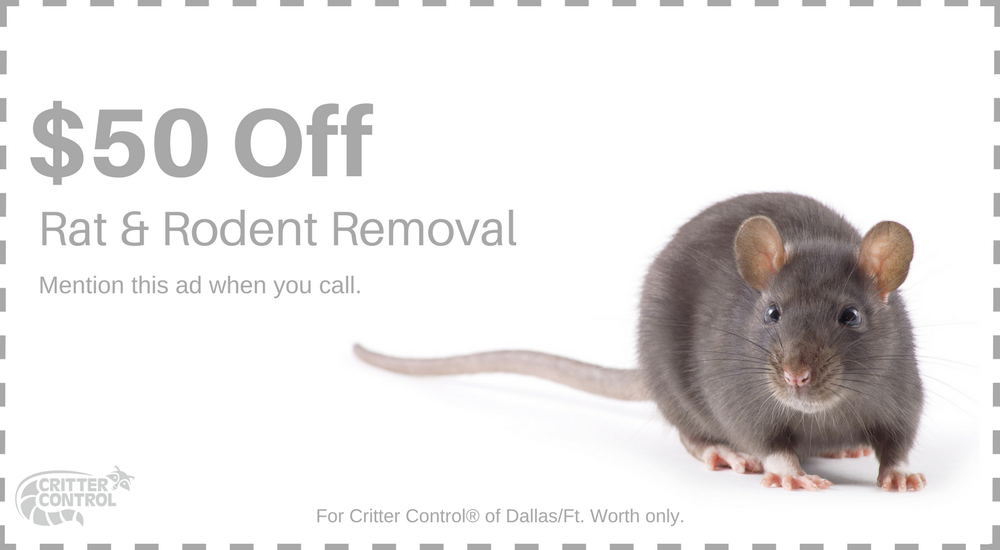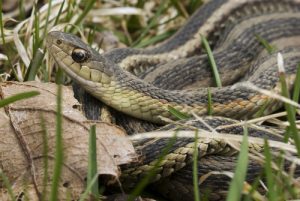 There are 68 species of snakes in Texas. However, that doesn’t have to mean that you and your family have to share your home with these slithering copperheads, rattlers and common garden snakes. While the majority of Texas snakes are harmless, it still can be startling to come across one under a rock or curled up in your bathroom.
There are 68 species of snakes in Texas. However, that doesn’t have to mean that you and your family have to share your home with these slithering copperheads, rattlers and common garden snakes. While the majority of Texas snakes are harmless, it still can be startling to come across one under a rock or curled up in your bathroom.
How to prevent snakes from living on your property
While few homeowners welcome snakes on their property, many do things that inadvertently invite these critters to make a nest near or in your home. Just a few of these include:
- Cluttering up your yard. Snakes love to live underneath things. If your yard looks more like a scrap yard than a park, you’re providing a welcoming haven for snakes.
- Planting a lot of low-growing shrubs and plants. Again, snakes like to hide and stay cool during the mid-day Texas heat. Low-growing plants provide welcome shelter.
- Forgetting to patch those holes. Holes in your home or garage’s foundation makes it easy for snakes to come and go easily.
- Watering your lawn too often. Snakes also like water and how cool the grass feels when it’s been freshly watered. Watering your lawn frequently is an invitation to snakes.
Signs snakes have moved into your home
Sometimes, despite your best efforts, snakes will invade your property. Below are just a few signs of such an invasion:
- Snakeskins. If you see snake skins, this is a sign that you have at least one snake that has just left hibernation. It’s time to call a pest control company.
- Curly-looking trails in the dirt outside your home. Another sure sign that snakes are living on your property is seeing winding trails in the dirt around your home.
- You spot a nest. Snakes generally make a nest during the late summer or early fall. It’s not a good idea to remove the nest yourself. This is best left to a professional.
Getting rid of snakes in your home
Getting rid of the snakes in your home and property is not a good DIY project and requires special training and equipment. To best tackle your snake problem, contact Critter Control of Fort Worth. We’ve been helping Texas homeowners like you with their animal and insect problems for more than 30 years.




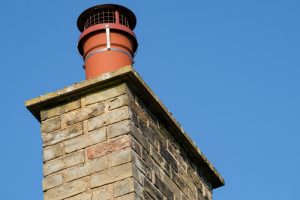 Worth area where the winters can get pretty chilly. One of the major downsides though is that it gives nuisance animals like birds,
Worth area where the winters can get pretty chilly. One of the major downsides though is that it gives nuisance animals like birds, 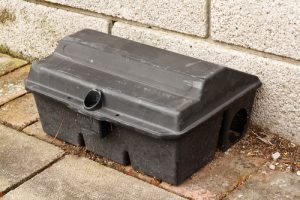 your home and off of your property. Historically, many of these deterrents, especially those aimed at repelling rodents, have been harmful to pets. When you have pets in your household and are considering pest deterrent options, it’s important to find ones that won’t harm your four-legged friends. Here are some good options:
your home and off of your property. Historically, many of these deterrents, especially those aimed at repelling rodents, have been harmful to pets. When you have pets in your household and are considering pest deterrent options, it’s important to find ones that won’t harm your four-legged friends. Here are some good options: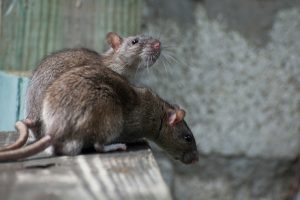 remember is not to panic. We know it can be easy to freak out when you know there might be rodents running around your home. However, keeping calm will put you in the right mindset to take care of the pests in a safe and logical way.
remember is not to panic. We know it can be easy to freak out when you know there might be rodents running around your home. However, keeping calm will put you in the right mindset to take care of the pests in a safe and logical way. quickly. Due to their strong rodent incisors tearing up insulation, wiring, and beams you might find they have already created costly and potentially dangerous damage. While not imminent, shortages in wiring can cause power outages, sparks, and fires that start inside your walls and electrical units, and rats left to die of natural causes can release a terrible odor into your home.
quickly. Due to their strong rodent incisors tearing up insulation, wiring, and beams you might find they have already created costly and potentially dangerous damage. While not imminent, shortages in wiring can cause power outages, sparks, and fires that start inside your walls and electrical units, and rats left to die of natural causes can release a terrible odor into your home.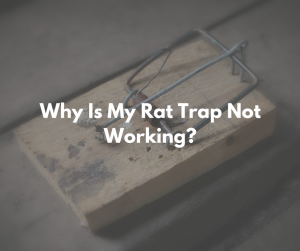 sneaking in with ease. When rat infestation occurs, there are many problems associated with their presence in your home, from damages to your property, to the spreading of certain illnesses. A great way to combat rats in your home is through the use of traps. However, there are many ways that traps can fail you when used incorrectly, so keep an eye out for these potential problems when using them.
sneaking in with ease. When rat infestation occurs, there are many problems associated with their presence in your home, from damages to your property, to the spreading of certain illnesses. A great way to combat rats in your home is through the use of traps. However, there are many ways that traps can fail you when used incorrectly, so keep an eye out for these potential problems when using them.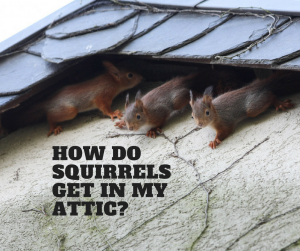 on your view. We’re all used to squirrels running around in our yard or climbing on the roof, but if they’re lucky enough to enter your attic, it can become a nightmare.
on your view. We’re all used to squirrels running around in our yard or climbing on the roof, but if they’re lucky enough to enter your attic, it can become a nightmare.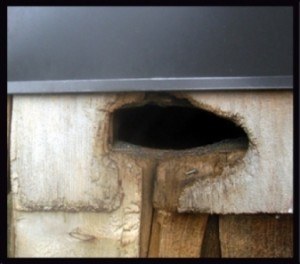
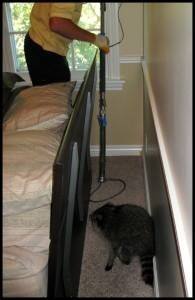 members can attest.
members can attest.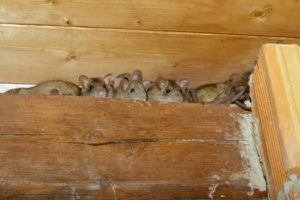 Any rats trapped inside your walls can wreak havoc and cause costly damage to your home if not removed quickly. Luckily, Critter Control® of Fort Worth has you covered with over three decades of experience in animal removal.
Any rats trapped inside your walls can wreak havoc and cause costly damage to your home if not removed quickly. Luckily, Critter Control® of Fort Worth has you covered with over three decades of experience in animal removal.